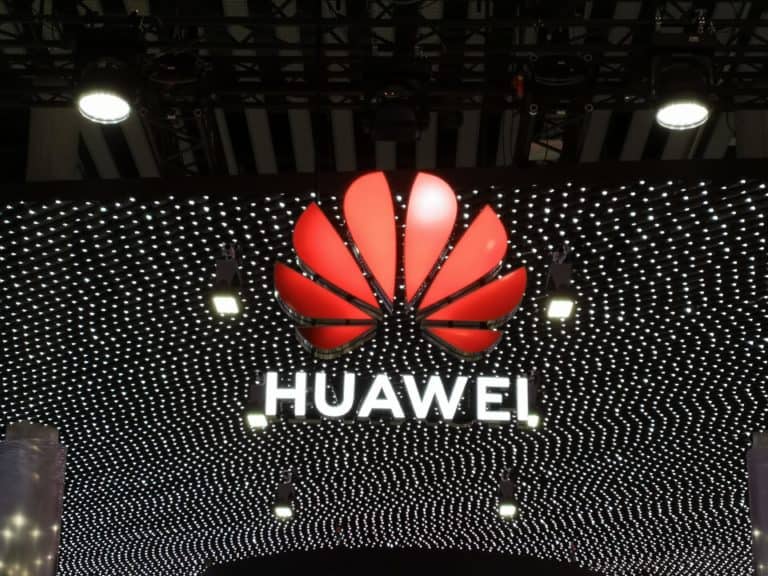The operating system developed by Huawei is not intended to replace Android. Instead, the operating system called Hongmeng is mainly focused on industrial use.
The operating system has been in development longer than the ban on Huawei in the United States, writes TechCrunch after news from the Chinese state broadcaster Xinhua. In addition, Hongmeng is a fairly simple operating system compared to Android, according to SVP Catherine Chen.
IoT
This is in line with news from earlier this month, when Huawei founder and CEO Ren Zhengfei said that the operating system could also be used for printed circuit boards, switches, routers and data centres. Hongmeng can be used for the Internet of Things (IoT) and the use in self-raising vehicles.
However, Zhengfei also stressed that the operating system should be up to 60 percent faster than Android. That claim cannot yet be proven.
Therefore, today’s messaging does not mean that Huawei is not working on a fully mobile operating system, or that the new operating system cannot be modified for other purposes.
Prohibition to trade
Reports about Huawei’s operating system emerged after the company was placed on an Entity List in the United States. As a result, U.S. organisations are not allowed to do business with the Chinese manufacturer unless they have explicit permission to do so.
Google then ended its collaboration with Huawei by revoking the company’s Android license. Not long after that, Huawei said it could have its own operating system for smartphones and laptops ready by autumn. However, that version would only be for use in China. A version for outside China can only be ready in 2020.
In the meantime the ban on Huawei has been relaxed a bit. American companies are allowed to trade with the manufacturer again, if they receive a licence for this from the government. Companies can obtain this licence if there is no threat to national security.
This news article was automatically translated from Dutch to give Techzine.eu a head start. All news articles after September 1, 2019 are written in native English and NOT translated. All our background stories are written in native English as well. For more information read our launch article.